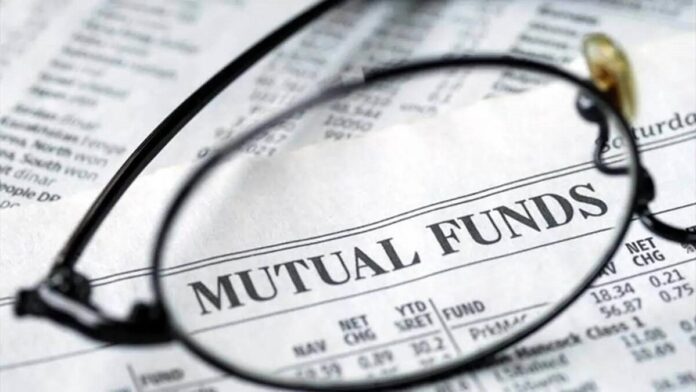The mutual fund (MF) industry’s demand for restoration of the indexation benefit when capital gains are computed on the sale of debt-oriented funds may be considered favourably by the government. An announcement to this effect is likely to be made in the Budget FY26.
The case for reintroduction of the benefit, which was withdrawn in the Finance Bill 2023, has strengthened in recent months as post-tax real rate of returns for investors in debt MF schemes has turned very low or even negative due to sticky inflation, sources said. This has resulted in debt funds losing any competitive advantage relative to fixed deposits in banks. Indexation is designed to adjust the cost of a capital asset to the inflation rates since its purchase.
The MF industry has also urged the finance ministry to align the capital gains tax rates of debt MF schemes with that of listed bonds. The government is closely looking at both the proposals, the sources said.
The industry wants the tax rate for long-term capital gains (LTCG) on redemption of debt MF units held for more than one year to be 12.5%, as applicable to listed bonds.
Separately, the industry has sought alignment in holding periods while calculating LTCG for gold-based investments such as gold exchange traded funds (ETFs), gold mutual funds, sovereign gold bonds, and physical gold. Currently, gold MF and physical gold classify under LTCG on a holding period of over 24 months, and the rest on a holding period of more than 12 months.
Since April 1, 2023, capital gains on debt MFs are taxed at the investor’s income tax (I-T) slab rate, irrespective of the holding period, which has resulted in increased tax liabilities for debt MF investors. Previously, LTCG on debt MF were taxed at 20% with indexation benefit or 10% sans indexation, and short-term capital gains (STCG) (holding period up to three years) were taxed at I-T slab rates. Debt funds are defined as those with 35% or less of their assets under management in domestic equities.
However, due to the changes introduced in the July 2024 Budget, investments made in debt MFs prior to April 1, 2023, also lost the indexation advantage.
The Budget for FY25— presented on July 23, 2024 — had removed indexation benefits for LTCG tax for all asset classes,
» Read More


